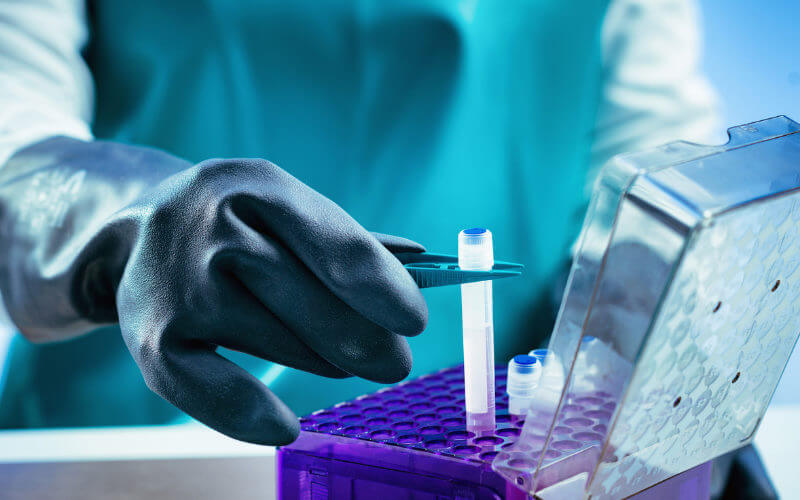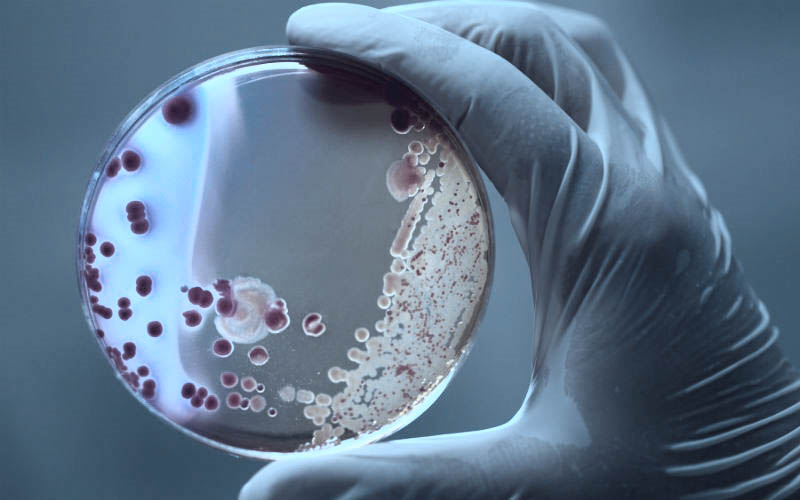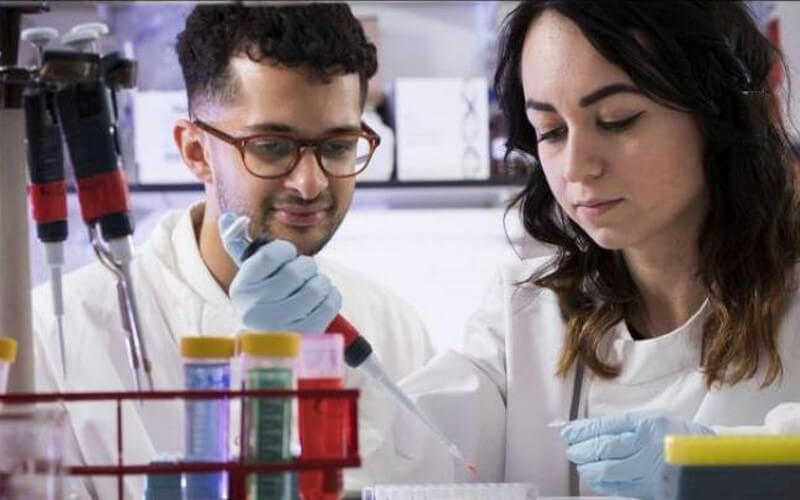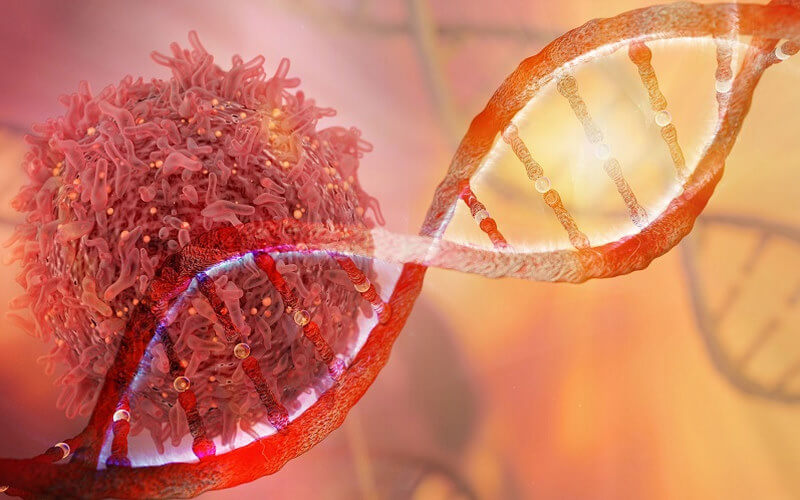Rheumatology (Royal Free)

What is scleroderma and how do we study it?
Chris Denton summarises the current research agenda and type of research that are being carried out to study and treat the disease and current clinical trials.
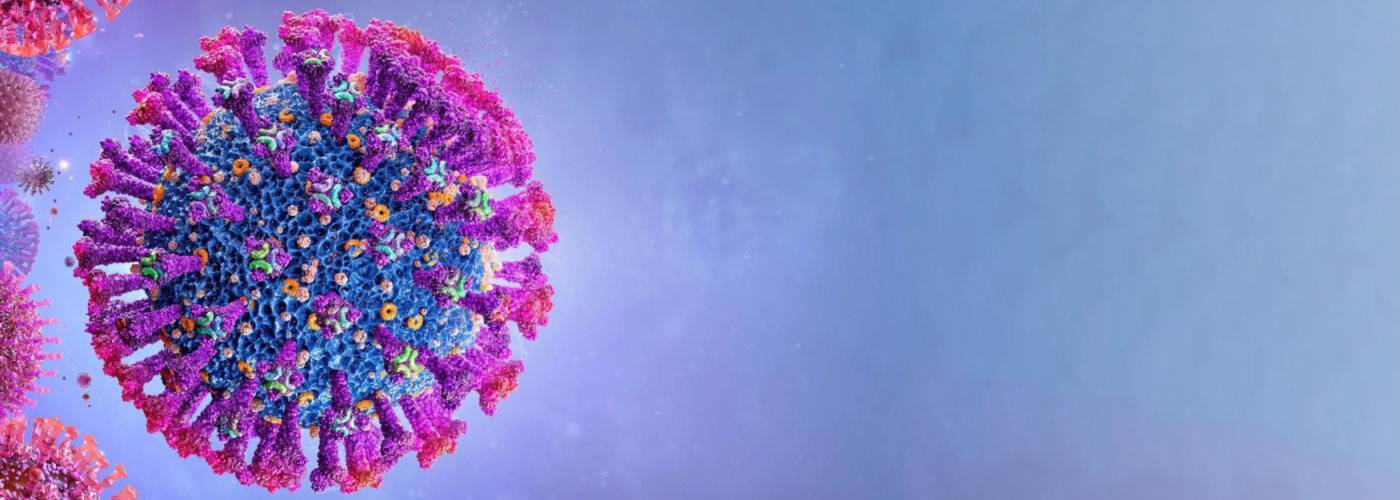
One in 10 people in the UK have autoimmune disorders
A study analysing the health records of 22 million people found that c. 10% of the population have at least one autoimmune condition. Prof. Cambridge comments.
Our work
We focus on understanding the molecular and cell biology of connective tissue diseases, including inflammation, tissue repair and remodelling processes, musculoskeletal disease and the genetic and molecular mechanisms underlying tissue scarring and remodelling and replacement fibrosis.
We pioneered the development and use of in vivo systems of human disease (transgenic and genetically modified conventional and conditional knock-out mice) as pre-clinical models to investigate disease pathogenesis and discovery and validation programmes.
We use tissue biopsies and in vitro systems to investigate critical mechanisms of disease pathogenesis, utilising control and patient-derived tissues and cells and in vivo models. Key regulatory pathways are examined, leading to a better understanding of disease pathogenesis, and improved management and treatment of connective tissue diseases.
The Centre uses a translational approach to biomedical research. Basic science discoveries lead to large clinical programmes in scleroderma at the Royal Free Hospital, where a team-based environment co-ordinates multidisciplinary care for more than 2,000 patients. The Centre also contains large specialist pulmonary hypertension (PAH) and Raynaud's phenomenon (RP) clinics incorporated within the connective tissue diseases service.
- Inflammation, Fibroblasts and Fibrosis
Lead investigator: Professor David Abraham (Cell and Molecular Biology)
Research areas include the cell biology of connective tissue diseases, and understanding tissue repair processes. Exploring the genetic and molecular mechanisms underlying inflammation, tissue scarring and fibrosis, and the development and use of in vivo systems of human disease using transgenic and genetically modified conventional and conditional knock-outs to study disease mechanisms. Harness patient-derived tissues and cells and in vitro/in vivo models to identify and validate drug targets and employ and assess the efficacy of novel small molecules and biologics in pre-clinical models of disease.
- Systemic sclerosis (scleroderma)
Lead investigator: Professor Chris Denton (Experimental Rheumatology)
Research focuses on studies relevant to systemic sclerosis (scleroderma) and related connective tissue disease and spans clinical, translational, and basic scientific themes. Clinical projects include interventional clinical trials in scleroderma, Raynaud's phenomenon, and pulmonary hypertension as well as research examining predictors of outcome and stratified approaches to patient investigation and management. Translational projects include studies of systemic sclerosis biology using omics and single cell analysis and the development of new in vitro and in vivo model systems to test hypotheses of pathogenesis and new targets for therapy. The group works with others on fibrosis, vascular biology, and genetics.
- Wound healing, tissue remodelling and vascular dysfunction
Lead investigator: Professor Markella Ponticos (Connective Tissue and Vascular Biology)
Research interests include the mechanisms that underpin the biology of mesenchymal cells in normal tissues (skin, lungs, and vessels) and the way they alter during wound healing, tissue remodelling and in disease. Also, the transcriptional control mechanism(s) that result in the regulation of extracellular matrix genes in vivo, with particular emphasis on the fibroblast / myofibroblast and the smooth muscle cell. There are three main linked areas:
- Vascular remodelling in atherosclerosis and pulmonary arterial hypertension
- Biology of mesenchymal cells and the cell and molecular mechanism(s) of tissue repair, scarring and fibrosis
- Tissue specific regulation of genes to define mesenchymal cell lineages using Collagen Type I gene regulation.
- Inflammation and the biology of macrophages in autoimmunity
Lead investigator: Professor Richard Stratton (Experimental Medicine)
After studying medicine at Oxford University, and training in rheumatology at Guy's Hospital, Richard moved to the Royal Free in 1995. He became a visiting research fellow at FibroGen, California under Professor George Martin, studying the regulation of pro-fibrotic growth factors in scleroderma. He has continued his research programme into studying the mechanisms underlying fibrosis in scleroderma, focusing on the role of epithelial cells which have a key role in promoting the skin fibrosis in the disease. His current interests are in developing novel strategies to treat inflammation and fibrosis using scleroderma as a model. Current approaches include evaluating anti-inflammatory peptides and their impact on macrophage function, as well as the targeting of enzymes involved in collagen alignment and fibrosis.
- Immune dysfunction and immune cell (B cell / T cell) pathobiology
Lead investigator: Associate Professor Voon Ong (Inflammation / Rheumatology)
His research interests focus on scleroderma spectrum diseases and Raynaud's syndrome. One of his main research interests is in the translational aspects of scleroderma, specifically the role of B cell and T cells, cytokines, chemokines and the immune cellular network which complements the clinical service at the largest national centre for scleroderma and related diseases. He has led several key studies in the assessment of cytokines as putative biomarkers and therapeutic targets in scleroderma and immune-phenotyping. He is the principal investigator in numerous clinical trials in scleroderma and has contributed to major papers published in this field including national guidelines for management of scleroderma and related complications.
Our experts
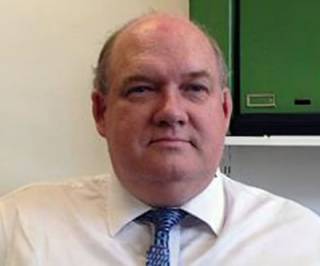
Prof. David Abraham (Head)
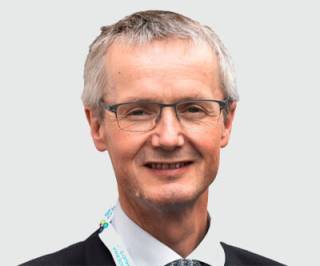
Prof. Christopher Denton (Head)
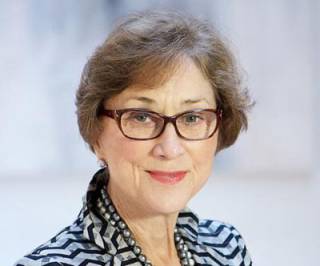
Emeritus Prof. Dame Carol Black
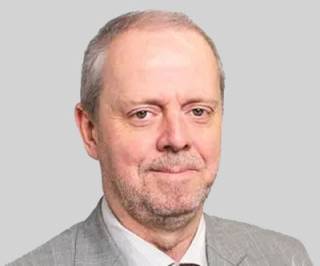
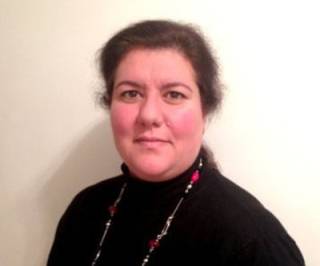



Em. Prof. Kuntal Chakravarty

Additional members
- Honorary Staff
- Dr Carmen Fonseca
- Professor Alan Holmes
- Professor Henry Lopez
- Professor Clive Handler
- Post-Doctoral Research Associates
- Dr Ioannis Papioannou
- Dr Angela Tam
- Clinical Research Fellows
- Dr Medha Kanitkar
- Dr Helen Quah
- Dr Anas Aledan
- Dr Stefano Rodolfi
- Dr Cheryl Ng
- Research Staff
- Ms Bahja Ahmed Abdi
- Ms Korsa Khan
- PhD Students
- Miss Claire Beesley
- Miss Nina Goldman
- Miss Alexandra Condado de Abreu
- Miss Ping Kang
- Miss Kaifeng Liang
- Miss Nada Alhindi
- Miss Shaikha Alnaimi
- Miss Xinyue Bain
- Administrative Staff
- Kim Fligelstone
- Millie Williams
Selected Publications
- Papaioannou I, Dritsoula A, Kang P, Baliga RS, Trinder SL, Cook E, Shiwen X, Hobbs AJ, Denton CP, Abraham DJ, Ponticos M (2024). NKX2-5 regulates vessel remodeling in scleroderma-associated pulmonary arterial hypertension. JCI Insight. 2024;9(10).
- Abraham D, Lescoat A, Stratton R (2024). Emerging diagnostic and therapeutic challenges for skin fibrosis in systemic sclerosis. Mol Aspects Med. 2024 Apr;96: 101252.
- Clark KEN, Xu S, Attah M, Ong VH, Buckley CD, Denton CP (2023). Single-cell analysis reveals key differences between early-stage and late-stage systemic sclerosis skin across autoantibody subgroups. Ann Rheum Dis. 2023 Dec;82(12):1568-1579.
- Leask A, Naik A, Stratton RJ (2023). Back to the future: targeting the extracellular matrix to treat systemic sclerosis. Nat Rev Rheumatol. 2023 Nov;19(11): 713-723.
- Chitturi P, Xu S, Ahmed Abdi B, Nguyen J, Carter DE, Sinha S, Arora R, Biernaskie J, Stratton RJ, Leask A (2023). Tripterygium wilfordii derivative celastrol, a YAP inhibitor, has antifibrotic effects in systemic sclerosis. Ann Rheum Dis. 2023 Sep;82(9): 1191-1204.
- Denton CP, Xu S, Zhang F, Maclean RH ... Ong VH (2023). Clinical and pathogenic significance of S100A4 overexpression in systemic sclerosis. Ann Rheum Dis. 2023 Sep;82(9): 1205-1217.
- Beesley CF, Goldman NR, Taher TE, Denton CP, Abraham DJ, Mageed RA, Ong VH (2023). Dysregulated B cell function and disease pathogenesis in systemic sclerosis. Front. Immunol., 16 January 2023. Frontiers in Immunology. Vol. 13.
- Clark KEN, Csomor E, Campochiaro C ... Ong VH, Derrett-Smith E, Wisniacki N, Flint SM, Denton CP (2022). Integrated analysis of dermal blister fluid proteomics and genome-wide skin gene expression in systemic sclerosis: an observational study. Lancet Rheumatol. 2022 Jun 23;4(7): e507-e516.
- Cantanhede IG, Liu H, Liu H, Balbuena Rodriguez V, Shiwen X, Ong VH, Denton CP, Ponticos M, Xiong G, Lima-Filho JL, Abraham D, Abu-Hanna J, Taanman JW (2022). Exploring metabolism in scleroderma reveals opportunities for pharmacological intervention for therapy in fibrosis. Front Immunol. 11;13:1004949.
- Tam AYY, Horwell AL, Trinder SL, Khan K, Xu S, Ong V, Denton CP, Norman JT, Holmes AM, Bou-Gharios G, Abraham DJ (2021). Selective deletion of connective tissue growth factor attenuates experimentally-induced pulmonary fibrosis and pulmonary arterial hypertension. Int J Biochem Cell Biol. May;134: 105961.
Funding and Partnerships
Our research is dedicated to understanding the pathogenesis of rheumatic connective tissue diseases, with a primary focus on scleroderma. We investigate chronic inflammation and autoimmunity, examining the roles of innate (monocyte/macrophage) and adaptive (B cells / T cells) immune cell functions in these diseases.
Our studies explore how autoimmunity and autoantibodies contribute to disease processes, particularly in tissue remodeling, scarring, and fibrosis (fibroblasts/myofibroblasts). Vascular dysfunction (endothelial cells/smooth muscle), affecting both microvascular and macrovascular systems as well as central cardio-pulmonary and peripheral circulation, is a key component of these diseases.
Our research also involves drug discovery and the development and validation of novel small molecules, peptides, and biologic therapeutics. We maintain strong and seamless interactions with clinical colleagues to promote translational research, clinical trials, and bench-to-bedside studies.

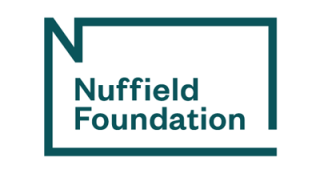


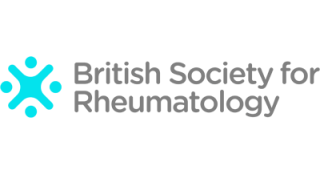

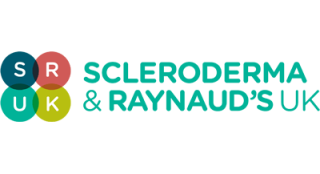

Clinical Services
At the Royal Free campus, we provide a general rheumatology service covering rheumatoid arthritis, systemic lupus, psoriatic arthritis, vasculitis, and sarcoid, and combined dermatology clinics. We are the major European centre for the treatment and management of scleroderma (systemic sclerosis) and related connective tissue diseases and have specialist clinics for Raynaud's phenomenon. We are also a national centre for diagnosis and treatment of pulmonary arterial hypertension. We support outreach clinics at 20 hospitals in places across Sussex, Essex, Wales, Bristol, Portsmouth and Coventry, and host nurse specialists involved in supporting patients through local and national education services.

Related programmes
 Close
Close


